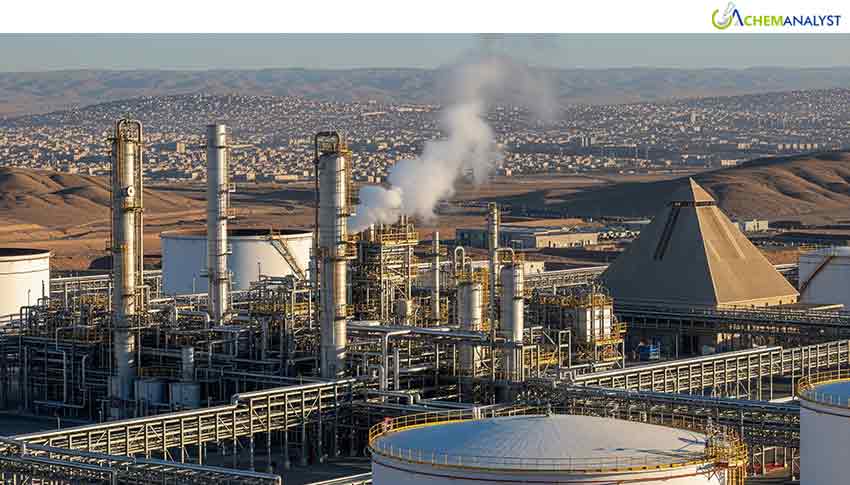Welcome To ChemAnalyst

In the wake of Israeli military strikes on Iranian nuclear facilities, Egypt has been forced to halt fertilizer production due to a significant disruption in natural gas imports from Israel.
Egyptian fertilizer manufacturers have been compelled to suspend operations over the weekend following a drastic reduction in natural gas imports from Israel. The disruption, which has sent ripples through Egypt's industrial sector, comes as a direct consequence of recent Israeli military strikes on Iranian nuclear facilities, leading to the shutdown of crucial Israeli gas fields, including Leviathan and Karish. This unforeseen halt underscores Egypt's escalating dependence on its eastern neighbor for energy.
The sudden cut in gas supply forced energy-intensive facilities to cease operations, raising concerns about potential downstream effects on food production and prices.
In response to the unfolding crisis, Egypt's Petroleum Ministry swiftly activated an emergency gas allocation plan. This strategic measure prioritizes essential sectors, ensuring that critical services and industries receive the limited available gas supply. Furthermore, power stations across the country have been switched to alternative fuels, primarily fuel oil and diesel, in a concerted effort to stabilize the national electricity grid and avert widespread load shedding, which could cripple economic activity and trigger social unrest.
The gravity of the situation prompted Egyptian Prime Minister Mostafa Madbouly to convene an emergency meeting with top energy and financial officials. During the high-level discussions, the Prime Minister emphasized the urgent need to bolster commodity reserves, a proactive step to mitigate the impact of ongoing regional volatility. Petroleum Minister Karim Badawi sought to reassure the public, confirming that contracts for additional gas cargoes have been secured and that fuel oil stockpiles are being built up to meet immediate energy demands.
A key aspect of Egypt's immediate strategy involves its floating storage and regasification units (FSRUs). Of the three FSRUs currently docked in Egyptian ports, only one is presently operational. However, the Petroleum Ministry is racing against time to bring the remaining two online, a move that is expected to more than double the country's daily regasification capacity once all units are fully functional.
The current energy predicament starkly illustrates Egypt's growing reliance on Israeli gas, which accounts for up to 60% of its total imported gas and approximately 20% of its national gas consumption. This significant dependency leaves Egypt vulnerable to geopolitical shifts and disruptions in the region. To bridge the widening energy gap and diversify its supply sources, Cairo has already signed agreements to purchase over 150 LNG cargoes in a record-breaking $8 billion deal. This monumental agreement marks Egypt's most significant energy importation move to date, signaling a strategic pivot towards securing long-term energy stability.
We use cookies to deliver the best possible experience on our website. To learn more, visit our Privacy Policy. By continuing to use this site or by closing this box, you consent to our use of cookies. More info.
